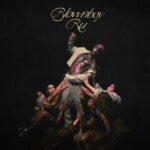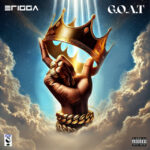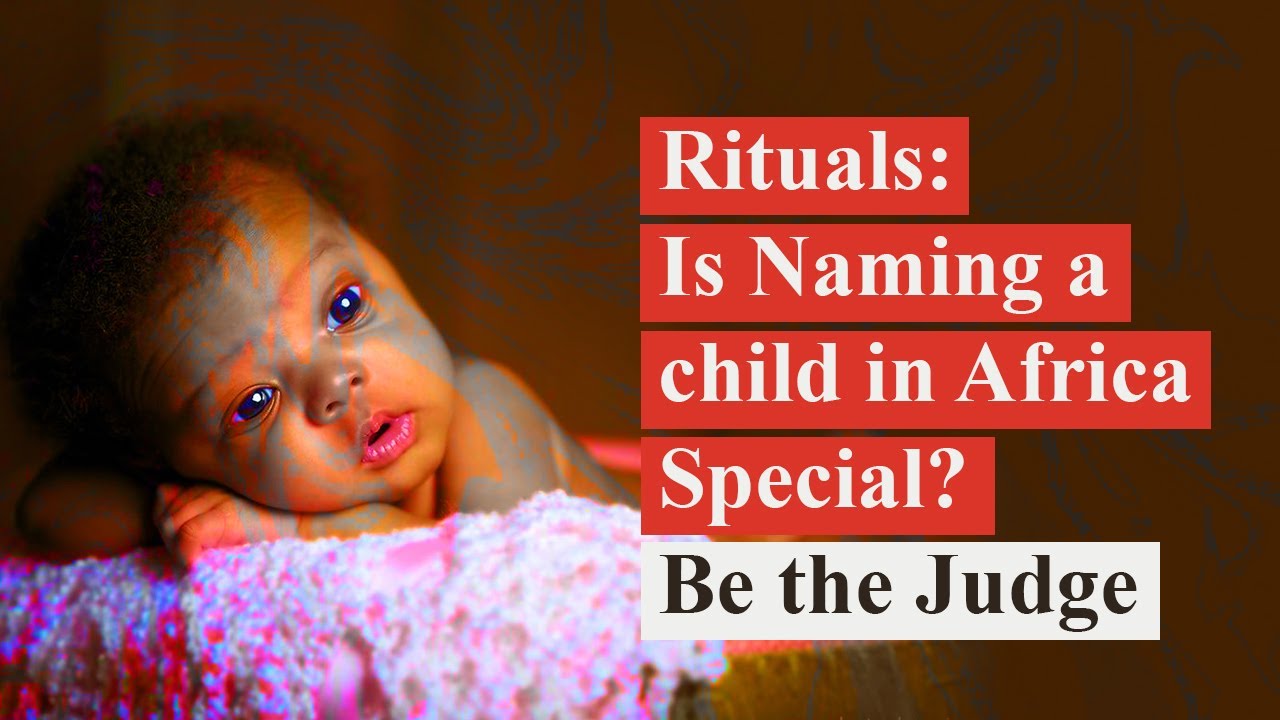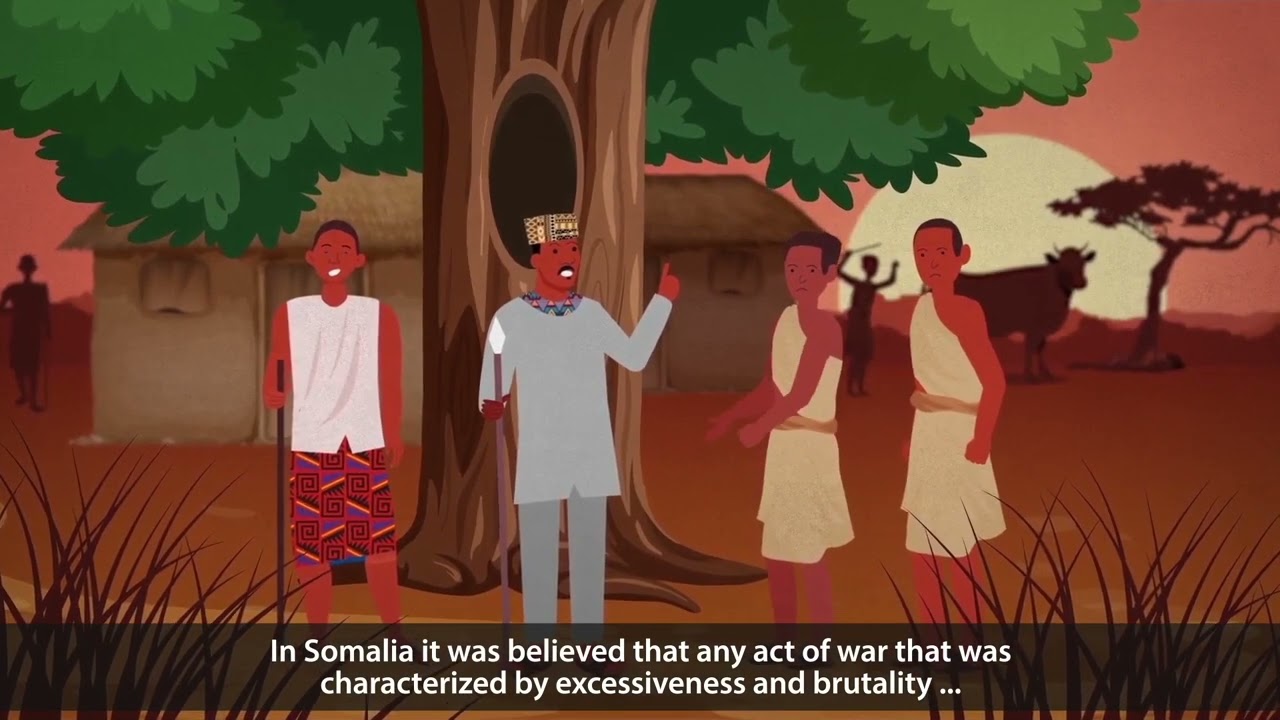The naming ceremony is an important part of traditional African culture. Africans believe deeply that the name a child is given has a very significant role to play in who the child eventually becomes later in life, so this rite is taken very seriously.
Asides this, this ceremony also serves as an ‘unveiling’ of the infant to other family members, relatives and the greater community as they witness it to give their shower their blessings and good wishes to the newborn and the family.
Umtata Naming Ceremony- South Africa
“Sifudu” is a ceremony that is performed by the people of Umtata, which is found in the south eastern cape of South Africa. This ceremony, which is performed between the third and fourteenth day after the birth of a baby, is very similar to rites that are performed by many other tribes across Africa to cleanse a baby after the birth. The leaves that are collected from the Sifudu tree are used to start a fire in the center of the hut; these leaves have a particularly foul smell. The smoke that is produced has the tendency to irritate the eyes, mouth, and nose. A woman will be seen holding a newborn by its head and lowering it into the smoke, which provides the child with such a shock that it is unable to cry (Absolutely scary right? I thought so too). After whirling, the baby about in the smoke a few times, the caregiver returns it to the mother, who is seated, and the mother quickly slips the infant under one of her legs, then under the other. It is widely held that the combination of all of these factors, along with the smoke shock, ensures beyond a shadow of a doubt that the child, when it grows up, will never be afraid, nor will it be timid, shy, or easily ridiculed by minor or adult, but will instead grow into an adult who is self-assured, powerful, and courageous.
Yoruba Naming Ceremony- Nigeria
A child’s name is given during a ceremony that takes place seven days after birth among the Yoruba people of South West Nigeria (on the eighth day). The circumstances that surround the birth of a child frequently have an impact on the naming decision that is made for that child. Elders of the community are the ones who usually choose a name for a child, however other members of the community can choose a name for a child for a token fee. In most cases, the ceremony is supervised by an older person, who is frequently the child’s grandparent. Following a brief prayer and the presentation of the infant, the ceremony continues. Following that, prayers and songs of gratitude are offered as a way to welcome the new member of the family. The event will then be officiated by an elder with the usage of seven symbolic artifacts. These items are typically used to signify the hope for or the road toward a successful life.
Traditional commodities like salt, honey, kola nuts, dried fish, water, beans
cooked with corn, and palm oil are used in the offering of prayers. Other
traditional items include dried fish.
Akan Naming Ceremony-Ghana
The Akan are the ancestors of the people who established the Kingdom of
Bonoman and may be found primarily in the countries of Ghana and the Ivory Coast. The naming ritual is traditionally held on the eighth day after the infant’s birth as a measure to ensure that the child has arrived to stay and will not be leaving prematurely (dying) and going back to the world of the ancestors before
its time. They give each of their children a name that is based on the day that they were born. The Akan people have developed seven names for each gender over the course of their history, and each name refers to a different day of the week. There is a possibility that the newborn will be given an additional name after this one, one that honors either living or deceased relatives or the events that transpired leading up to his or her birth. The breaking of dawn is the traditional time for naming ceremonies since it is considered that the freshness of the dew at this time of day best exemplifies the purity of a newborn baby. On the day of the ceremony, an older member of the family will choose a name for the newborn infant. The mixture of alcoho! and water that is placed on the baby’s tongue is meant to represent the distinction between the truth and a lie. It is thought that this will assist the child in speaking the truth in all aspects of his life.
Akamba Naming Ceremony – Kenya
On the third day after a child is born, the Akamba people of Kenya and parts of what is now Tanzania hold a ritual to give the kid a name. This event is considered very important. Before the naming ceremony, the infant is thought of more as a spirit than as a complete human person. This continues until the event itself.
source












